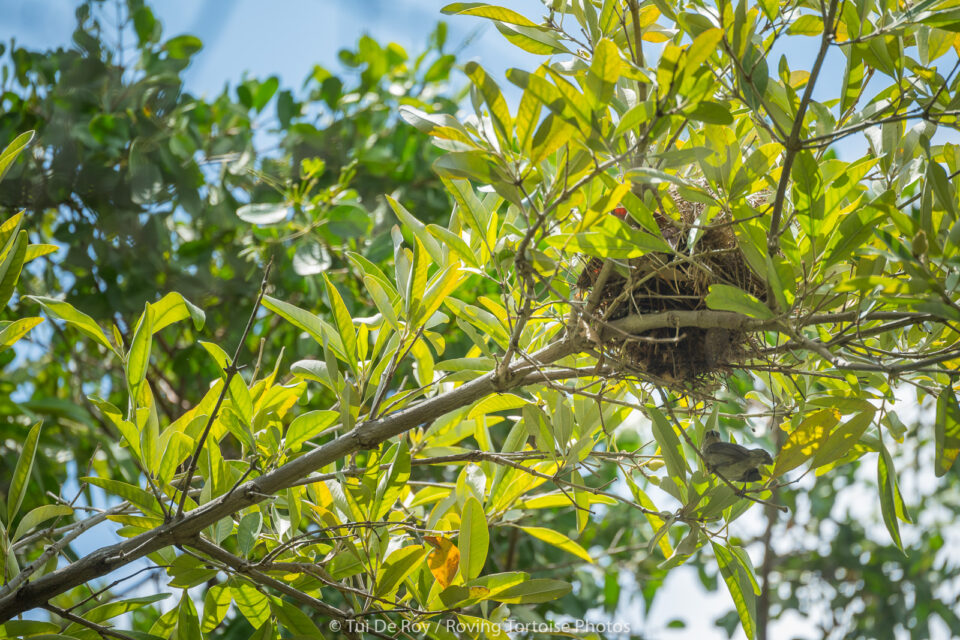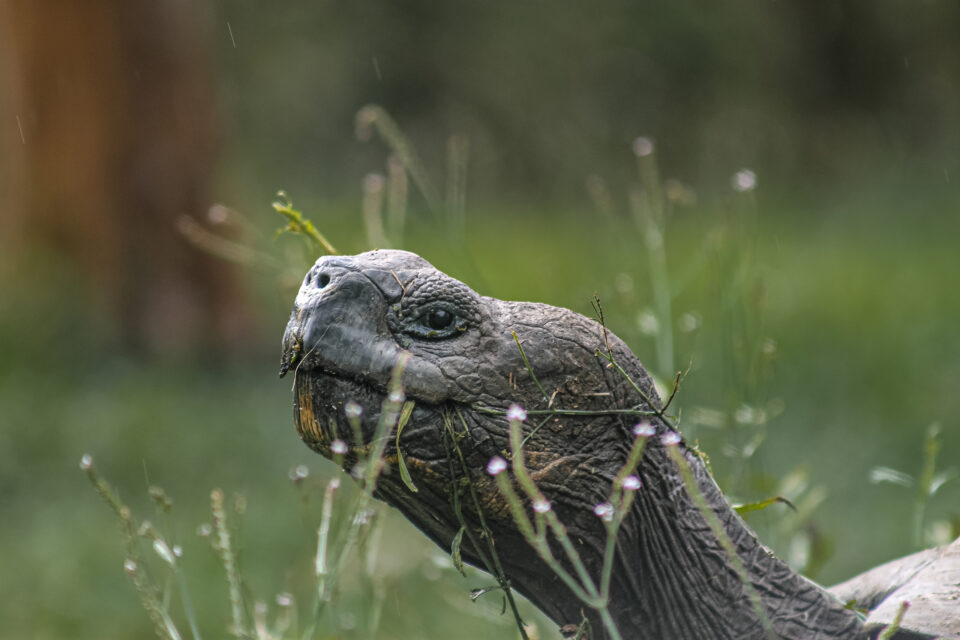

Mangrove Finch Project Update: Second Season Release
The Mangrove Finch Project team are returning to the mangrove forests with some very precious cargo. Find out more...
Having successfully raised mangrove finches in captivity for the second year running, the Mangrove Finch Project team have now returned to the mangrove forests on Isabela’s west coast for their release.
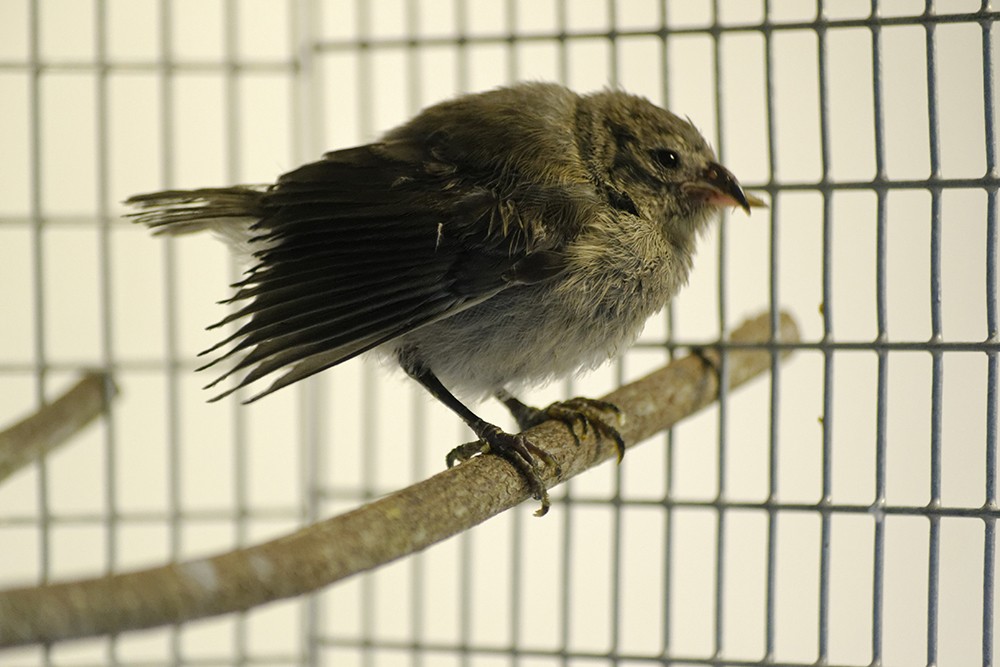
On 17 April, members of the project team set off on their return trip to Isabela to release eight fledglings of the critically endangered mangrove finch. Given that the world population of the species numbers less than 100, this is a significant boost to the population and another great success for the project team.
Back in February, the team collected eggs and one chick (read Numero Uno’s story here) from mangrove finch nests in the knowledge that these early-season eggs have less than a 5% chance of survival. The primary cause of death of chicks is the larvae of an invasive parasitic fly, Philornis downsi, which feed on the hatchlings with devastating consequence. By collecting the eggs and hand-rearing them in a controlled and Philornis-free environment, the team are able to significantly improve their chances of survival.
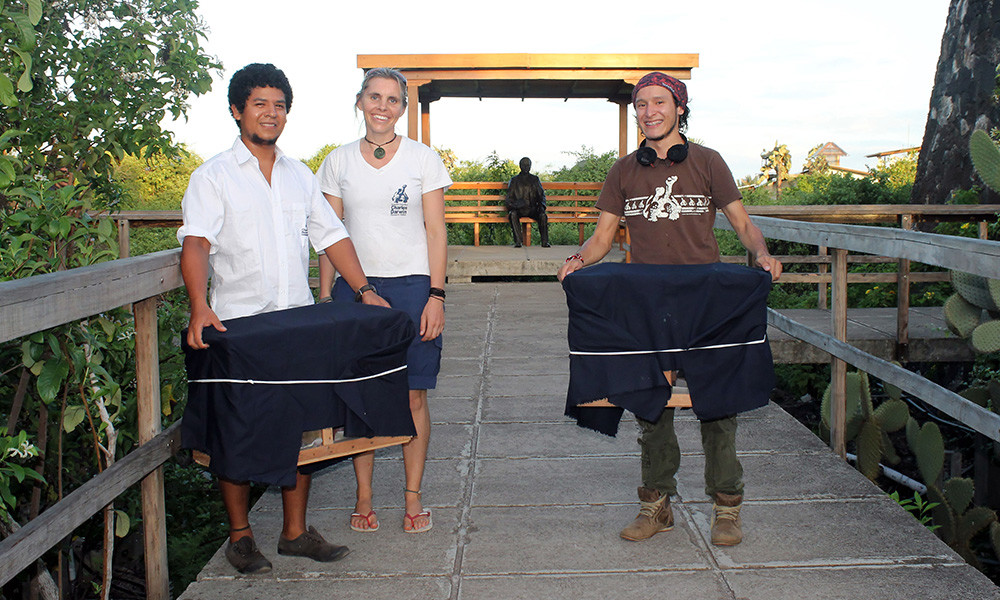 Having returned to the mangrove forests with their precious cargo, the team will now put the fledglings into purpose-built pre-release aviaries, where they will live for the next month whilst they get used to their natural environment. Following this, the doors of the aviaries will be opened and the birds will be allowed to explore but with the option of returning to the aviaries as and when they want.
Having returned to the mangrove forests with their precious cargo, the team will now put the fledglings into purpose-built pre-release aviaries, where they will live for the next month whilst they get used to their natural environment. Following this, the doors of the aviaries will be opened and the birds will be allowed to explore but with the option of returning to the aviaries as and when they want.
This brings the total number of chicks hand-reared at the Charles Darwin Research Station up to a impressive 23. As the major funders for this season of the project, we at the Galapagos Conservation Trust are thrilled to be involved in the project and wish the team the best of success with the release over the coming weeks.
The Mangrove Finch Project is a bi-institutional project carried out by the Charles Darwin Foundation and Galapagos National Park Directorate in collaboration with San Diego Zoo Global and Durrell Wildlife Conservation Trust. The project is supported by Galapagos Conservation Trust, The Mohamed bin Zayed Species Conservation Fund, Durrell Wildlife Conservation Trust, International Community Foundation (with a grant awarded by The Leona M. and Harry B. Helmsley Charitable Trust), Galapagos Conservancy, and The British Embassy in Ecuador.
Related articles

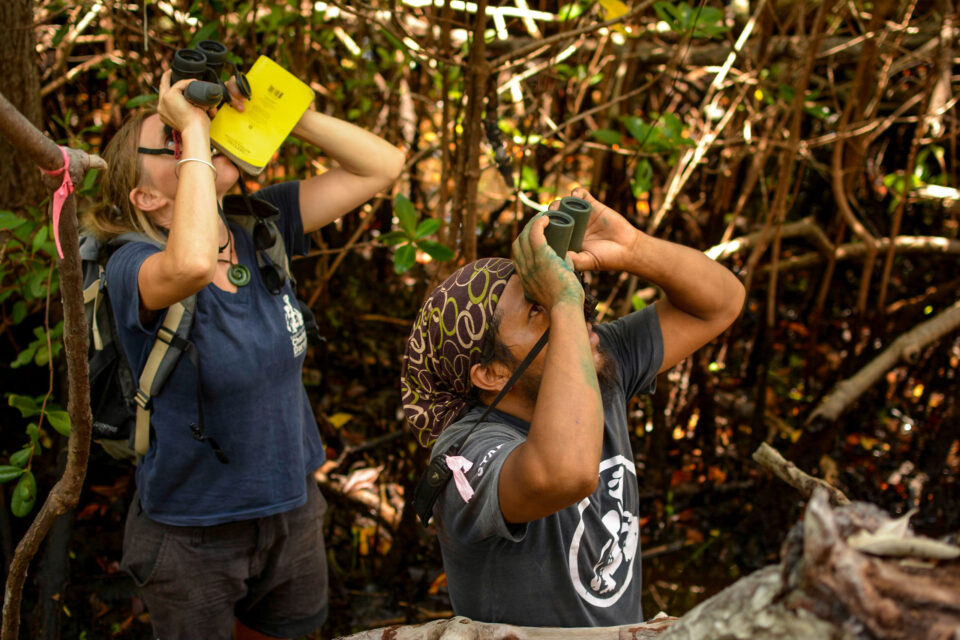
Mangrove Finch Project update
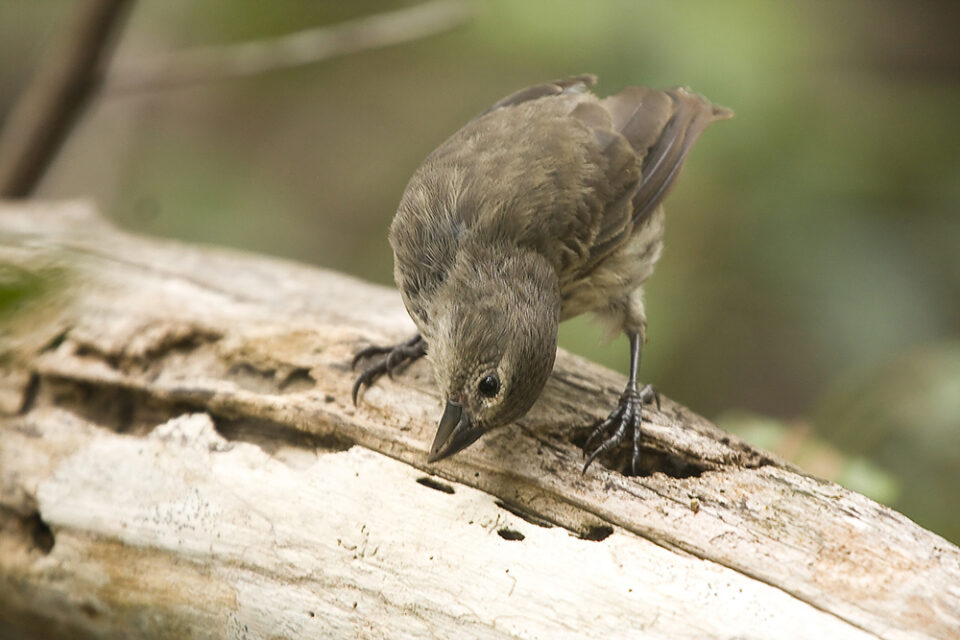
Mangrove Finch Project update
